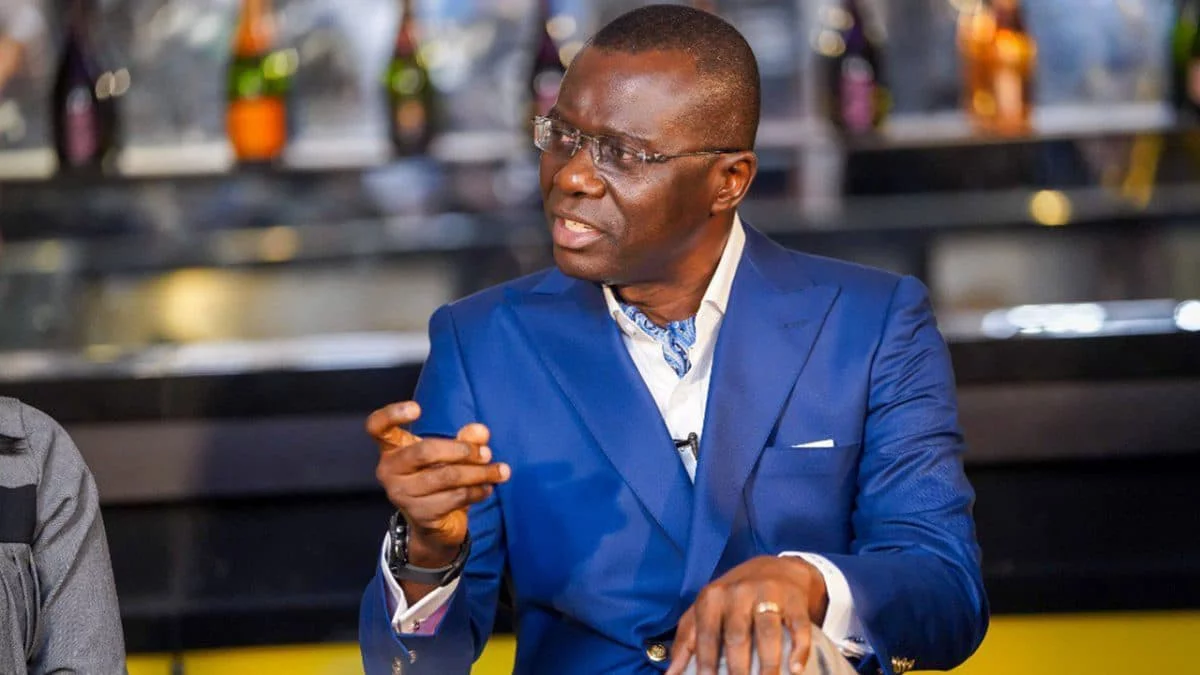Lagos State Governor, Mr. Babajide Sanwo-Olu, has called on all residents to embrace the role of change agents in a bid to foster a clean, safe, and sustainable environment.
Speaking through the State Commissioner for the Environment and Water Resources, Mr. Tokunbo Wahab, at the 11th Lagos Chapter of the Nigerian Institute of Public Relations (NIPR) Stakeholders Conference held at the Muson Centre, Onikan, Lagos, Sanwo-Olu emphasized the urgent need for collective action against climate change.
Themed “Stakeholders Conversation On Climate Change And Environment: Communication And The Sustainability Agenda,” the conference highlighted the critical role of effective communication in advancing sustainability goals.
Sanwo-Olu stressed the importance of a renewed commitment to environmental stewardship, noting that the stakes are too high for partial efforts.
“Lagos is experiencing the tangible effects of climate change,” Sanwo-Olu stated. “Our dense population and coastal location make us particularly vulnerable to risks such as rising sea levels, extreme weather events, and heat waves. These challenges threaten our infrastructure and the well-being of our most vulnerable citizens.”
The Governor recalled the launch of the Lagos Climate Adaptation and Resilience Plan (LCARP) at the 10th Lagos International Climate Change Summit in June.
The LCARP aims to utilize advanced analytics for risk assessment and complements existing high-level climate action plans, including the Lagos Climate Action Plan, Lagos State Climate Risk Assessment, and the Lagos Resilient Strategy.
Sanwo-Olu outlined that the administration’s approach includes clear adaptation and resilience goals, supported by projects, funding strategies, and strengthened stakeholder engagement. He urged both the public and private sectors in Lagos to adopt these plans to advance towards carbon neutrality and enhance resilience.
As demands on governments rise, Sanwo-Olu emphasized the need to deliver quality public services and empower all citizens, including the most disadvantaged, to contribute to defining and addressing their needs. “Together, we can achieve what seems impossible when we work as one,” he concluded.



